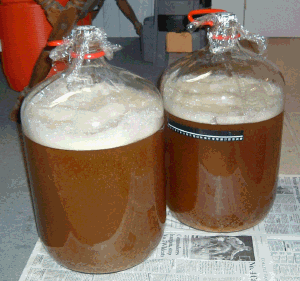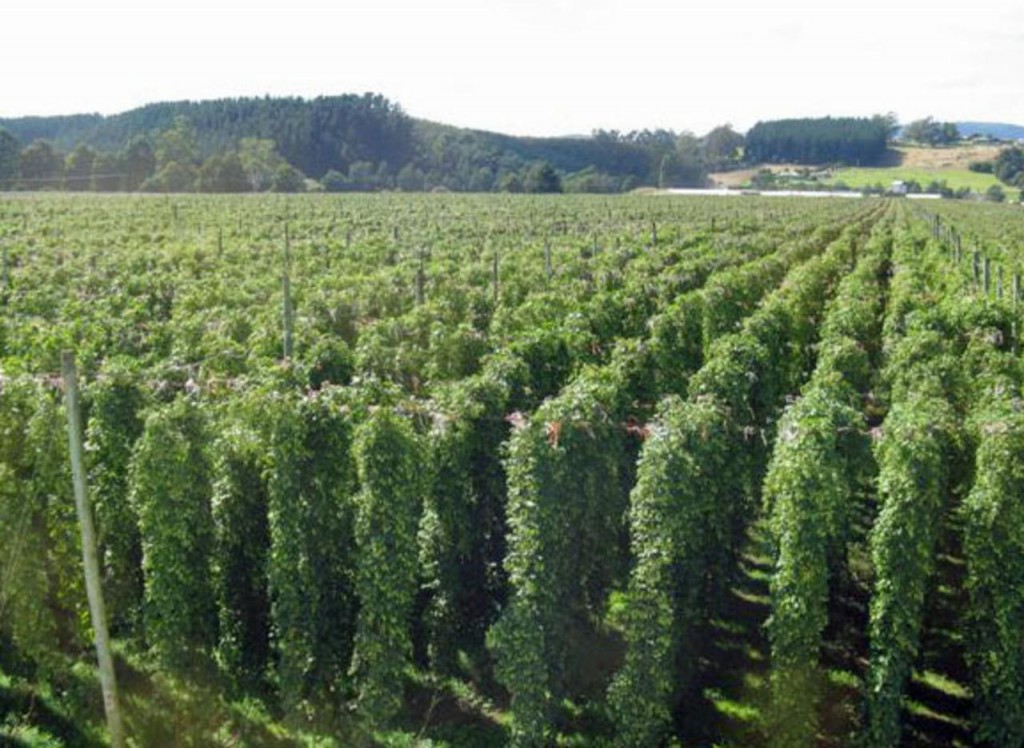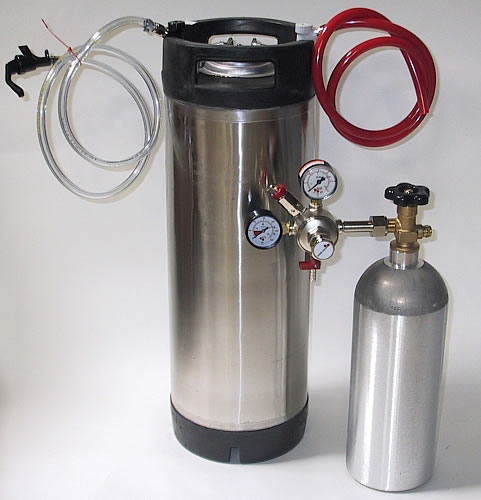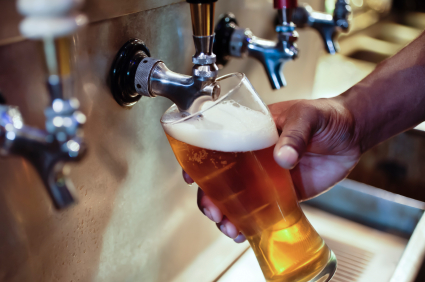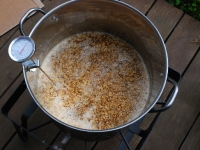Distilling At Home Introduction
Commercial Spirits and Liqueurs There is an amazing range of commercially made spirits and liqueurs available at any bottle- shop but the thing they all have in common is that they are all flavoured alcohol. They are made using traditional methods usually in pot stills where the essences of the added ingredients come through to […]
Distilling At Home Introduction Read More »


